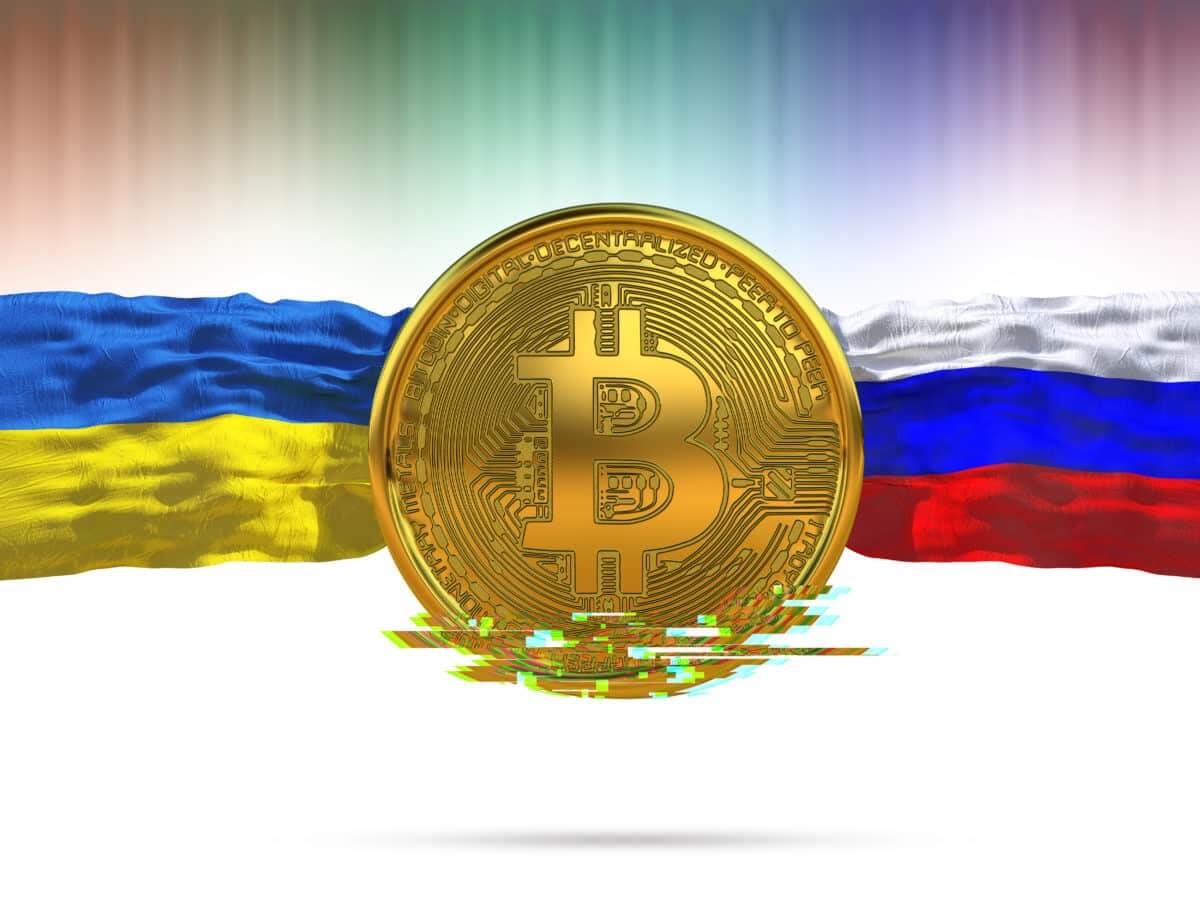
Ukraine Confines Cash, Silver from Crypto Traders
Ukraine seized $3 million in cash and other assets from crypto traders, who illegally laundered money for the Russians. The authorities said that these crypto traders in Ukraine serve Russian citizens. In particular, they were helping them convert these assets into cryptocurrency. It is worth noting that Russia currently faces many sanctions for its attack on Ukraine. Many large companies have cut ties with the country, and global governments have imposed sanctions on the nation. The Prosecutor General’s Office of Ukraine has vowed to prosecute crypto traders for their actions.
In addition to cash, officials seized real estate and silver. According to the information of the General Prosecutor’s Office of Ukraine, the confiscated items include a value of 1.6 million dollars. Allegedly, plots of land and apartments were also seized from money launderers. The Attorney General’s Office accuses crypto brokers of converting cash and non-cash assets into crypto for Russians. In total, the removal cost is more than $3.3 million.
Ukraine and Sanctions
Shortly after the invasion, the Biden administration approved several sanctions. President Biden aimed to restrict Russia’s access to foreign capital through sanctions. At the time, experts revealed that Russia could evade these sanctions by using cryptocurrency. Experts noted that Occupier would be ready to partner with anyone worldwide as long as these entities make crypto payments and not bank transfers. Russia’s evasion of sanctions is not new, as a similar case was in 2014. At that time, after the invasion of Crimea, the US restricted Americans from doing business with Russian banks. Economists estimate that sanctions cost Russia 50 billion dollars annually.
The CEO of Ripple believes that Russia can’t use cryptocurrency to bypass sanctions. According to him, RippleNet does not work with sanctioned banks or countries with limited counterparties. Ripple and customers support and enforce KYC/AML and OFAC laws.
European Central Bank
In a research bulletin published in July, the ECB criticized PoW mining as a significant climate change risk. As expected, the report specifically mentioned Bitcoin. However, it also raised issues with Ethereum despite the move to a PoS consensus mechanism. The researchers collected estimated carbon footprint data on the tokens above and assessed whether they undermine the EU’s commitment to combating climate change. It then analyzed policy parts, including a 2025 limit for potential measures.
According to the researchers, Bitcoin and Ethereum mining activity consume more energy than individual “medium-sized countries,” such as the Netherlands, Spain, and Austria. The data also showed that projected annual emissions, as of 2022, exceeded the target greenhouse gas emission savings for many eurozone countries.
The report acknowledges industry initiatives such as Ethereum’s PoS transition. Also, the Bitcoin Mining Council’s efforts to educate about “decarbonization” and the sustainable mix of energy sources used in BTC mining. However, researchers have largely dismissed the latter point due to unclear methodology, lack of detail, and unreliable data. Moreover, while such initiatives are welcomed, the report says they are voluntary and also point to a conflict of interest between energy consumption and network security.
Conclusion
The report mentioned several scenarios that resulted in potential restrictions on lead mining—for example, considering institutional money in Bitcoin. Also, to a lesser extent, in Ethereum. The researchers said the financial sector is exposed to “transition risk.” This means that the “green transition” of the European Union may affect prices. In turn, this will influence the institutions invested in these tokens. They stated that certain crypto-assets are unlikely to be “compatible with ESG objectives.
MiCA did not impose a ban on PoW mining. However, it does outline some demanding requirements, especially for stablecoin issuers, which should have adequate redemption reserves. Also, be limited to a daily maximum transaction volume of 200 million euros.




